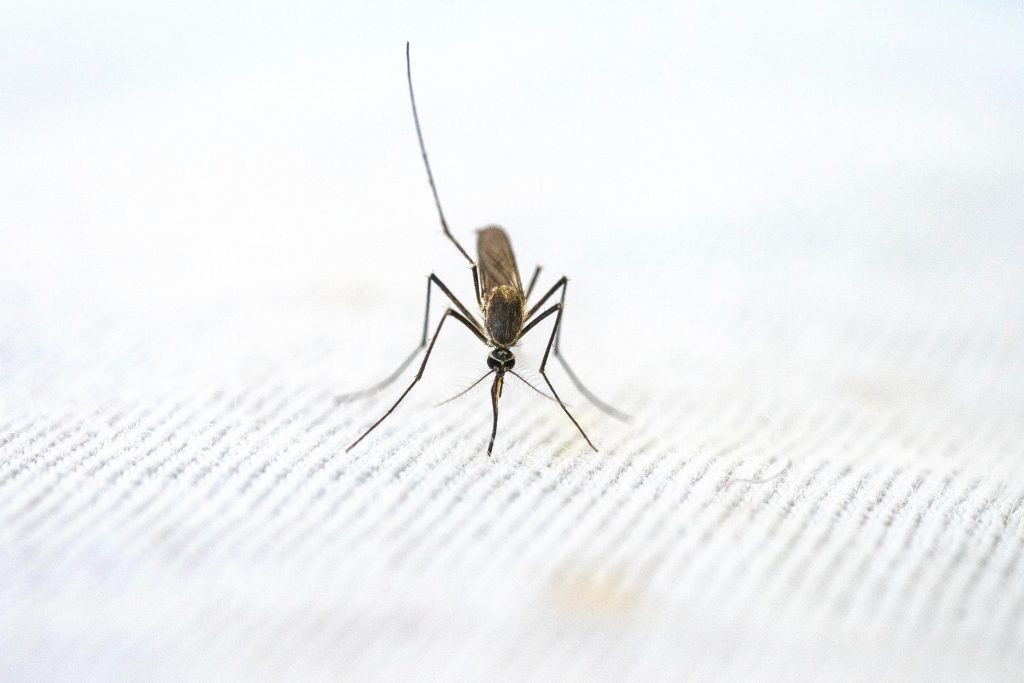Malaria is preventable and treatable. The number of deaths from the illness has steadily decreased since 2000, from 896,000 to 558,000 in 2019. Unfortunately, this number started to climb back up again due to the covid-19 pandemic, with 619,000 deaths in 2021. This increase can be seen largely as a result of disruptions in treatment/ service due to Covid-19. The good news is, treatment, when accessible, has been successful in lowering the death rate. Therefore, it is so important to raise awareness. Today, on World Malaria Day, take some time to learn about the Malaria crisis, and how you can be a part of the solution!

What is Malaria? Learn about the disease on World Malaria Day
Malaria is most commonly given to people through the bites of female anopheles mosquitos who are infected with the disease. It can also be transmitted through blood transfusion, shared needles/ syringes, organ transplant, and even from mother’s to their unborn infant.
Once the parasite is inside the body, it heads straight to the liver. The parasite then multiplies and enters the bloodstream. Symptoms of Malaria include fever, chills, headache, muscle pain and fatigue. Pregnant women and young children are the most at risk of death from the parasite. However, while Malaria has caused hundreds and thousands of deaths as noted above, with proper treatment death can usually be prevented. Encouraging continued research and funding so that treatment can be available to more people, can greatly reduce the number of deaths.
Where is Malaria?
Africa, specifically Sub- Sharan Africa, has the highest prevalence of malaria cases, but there are many other places where Malaria lives. Residing in warmer areas of the world, Malaria lives in over 100 countries and territories. Approximately half of the world’s population is at risk of contracting the disease where they live. Nonetheless, 90% of reported malaria deaths are in Sub Saharan Africa, and a majority of those deaths are children under the age of 5. People travelling to places where Malaria occurs are also at risk. Healthcare professionals annually diagnose approximately 1500 cases of malaria in the UK, from individuals who have traveled to malaria-prone areas.
Prevention and treatment
Several measures can prevent malaria. While anti-malaria medication is a good way for travellers to ensure they are safe from the disease, this is not effective for those residing in hot spots. The medication is not meant to be taken indefinitely. For locals, the best type of prevention is trying to ward off getting bitten by a mosquito in the first place, or at least reducing the chance. One way to do this is by placing bed nets treated with insecticide in the bedroom or indoor residual spraying.
Moreover, the RTS,S/AS01 malaria vaccine has shown promising results. The vaccine was the first of its kind to receive a positive scientific opinion from the European medicine’s agency. So far it has demonstrated that it can provide partial protection against the disease in young children. The development of this vaccine is an example of how continuing research efforts can help combat this global health problem.
If contracted, treatment depends on the severity of illness, how long the patient has had it for, and the strand of malaria. All in all, many ways to prevent and treat malaria exist. It is making them accessible to the general population, especially in sub-Saharan Africa that is the key to reducing death rates. Nonetheless it is also important to continue research into new ways to treat and prevent malaria, which is what World Malaria Day is all about!
Here is how you can help this Malaria Day
- 1. Educate yourself:
Here are a few resources that provide more information about malaria and the ongoing research:
Engaging in educated conversations with friends and family helps raise awareness for the disease. This could also be the first step in being part of the solution, learn more about it, and then decide how you can meaningfully engage with the cause. You can share information about world malaria day on social media platforms, just do what you can to spread the word.
- 2. Donate:
There are lots of charities and organizations that focus on one or both research and treatment accessibility. Do some research into what aligns best with the impact you want to make.
Ripple Africa, a charity on Givey, works to improve access to healthcare in Malawi. Forty percent of hospitalizations in Malawi are due to malaria cases. Ripple Africa helps educate people on the health problems in Malawi, such as Malaria, by making information easily accessible on their page. They also work to make healthcare more accessible through opening a medical dispensary and sexual health project. Donating to Ripple Africa or similar charities that work to improve access to treatment and prevention measures. You can donate to Ripple Africa here.
- 3. Fundraise: You can select an organization that resonates with you and fundraise money for their cause. You can set up a fundraiser through Givey, or other online fund-raising platforms, or you could organize an event. There are lots of ways to go about fund-raising, feel free to get creative!
Now that you have taken the time to learn more about Malaria, check out some of our related blog articles: